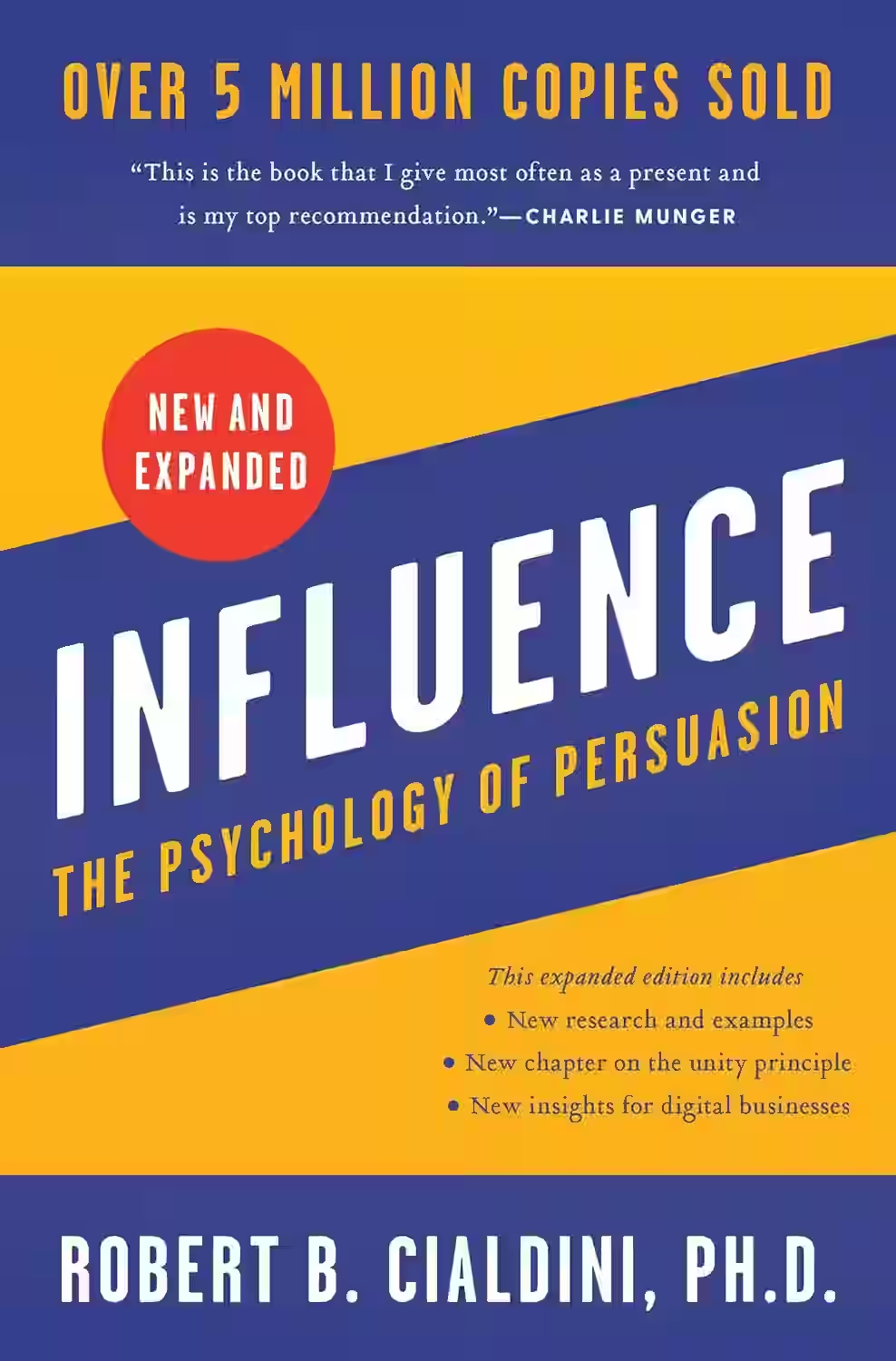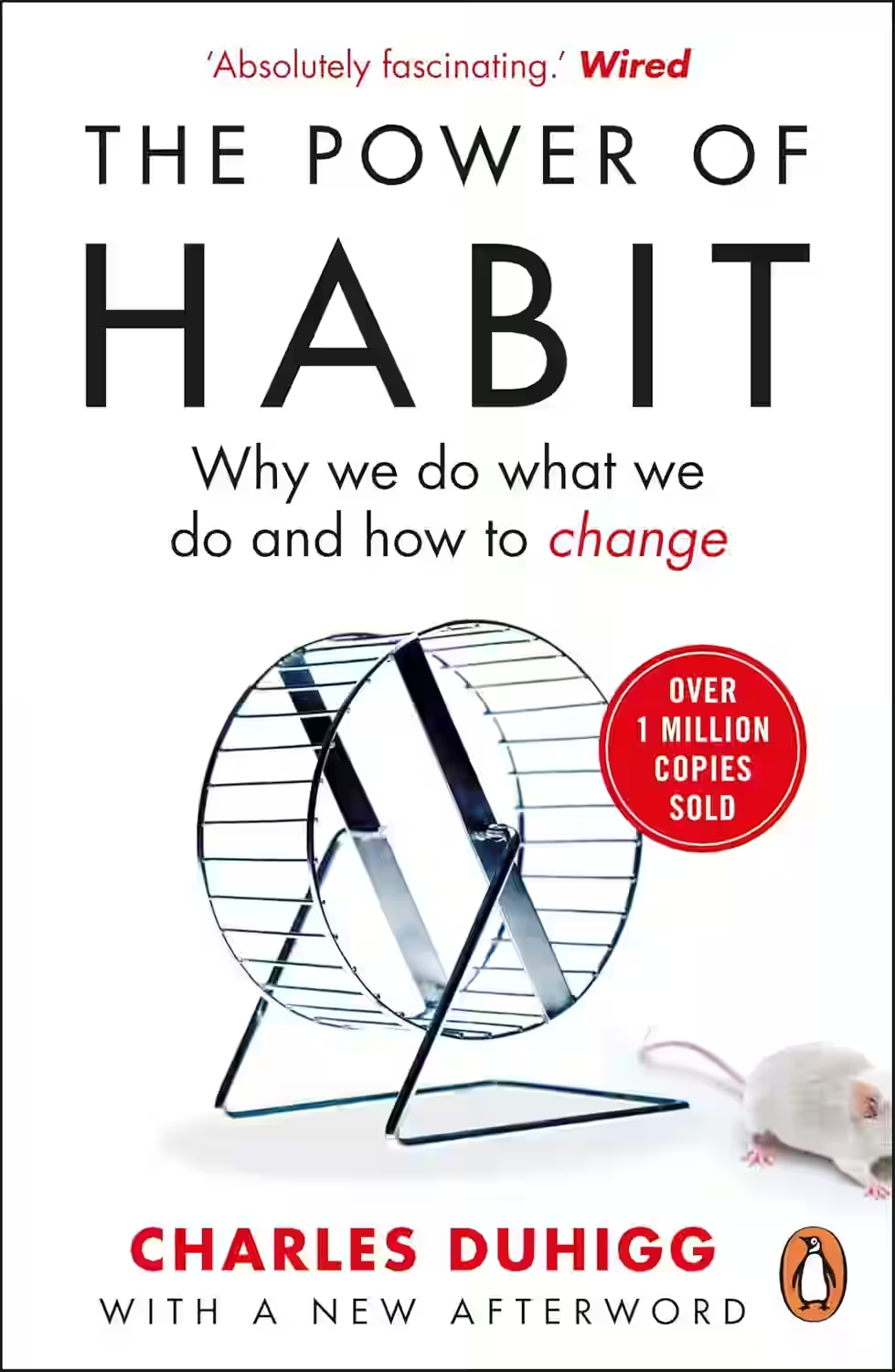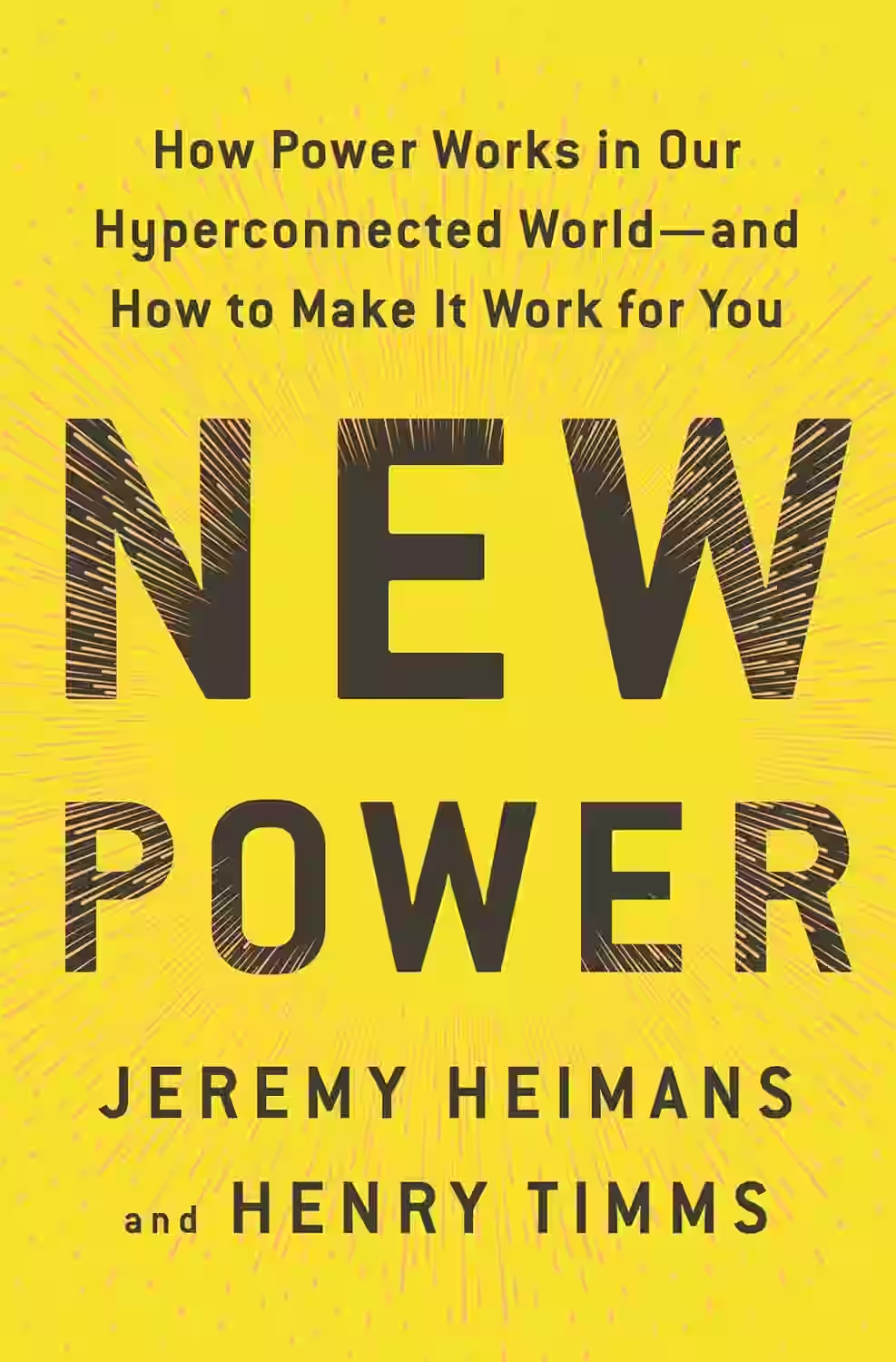
Robert Cialdini―New York Times bestselling author of Pre-Suasion and the seminal expert in the fields of influence and persuasion―explains the psychology of why people say yes and how to apply these insights ethically in business and everyday settings. Using memorable stories and relatable examples, Cialdini makes this crucially important subject surprisingly easy. With Cialdini as a guide, you don’t have to be a scientist to learn how to use this science.
About Robert B. Cialdini
An American psychologist and professor of marketing, renowned for his research on influence and persuasion. His seminal book, Influence: The Psychology of Persuasion, identifies and explains six universal principles of influence: reciprocity, commitment and consistency, social proof, authority, liking, and scarcity. Cialdini's work provides invaluable insights into how and why people are persuaded, offering both ethical applications for influencing others and defenses against manipulative tactics.
Other Books by Robert B. Cialdini

Pre-Suasion: A Revolutionary Way to Influence and Persuade
In 'Pre-Suasion: A Revolutionary Way to Influence and Persuade,' Robert B. Cialdini delves into the art of effective persuasion by emphasizing the importance of priming audiences before delivering a message. He explores how setting the stage through strategic actions and cues can significantly impact the receptiveness of individuals to subsequent information. Backed by research and real-world examples, Cialdini provides valuable insights into the psychology behind successful communication and influence. This book not only offers practical strategies for marketers, leaders, and communicators but also challenges readers to rethink their preconceptions about persuasion. With a blend of engaging storytelling and scientific evidence, 'Pre-Suasion' is a must-read for anyone interested in mastering the art of persuasion.
Similar Books

Unshakeable
by Tony Robbins
In "Unshakeable," Tony Robbins, along with financial advisor Peter Mallouk, delves into the world of personal finance and investment. The book is purposefully crafted to arm readers with the knowledge and strategies necessary to cultivate financial stability and confidence. Robbins breaks down complex financial concepts into accessible advice, especially valuable for those new to investing. Emphasizing the importance of staying the course during turbulent market times, it conveys a message of resilience. Robbins also includes practical insights from renowned investors, making it a comprehensive guide to wealth-building. While the book provides a reassuring perspective for anxious investors, it might offer less depth for seasoned financial enthusiasts.

The Power of Habit: Why We Do What We Do in Life and Business
In 'The Power of Habit: Why We Do What We Do in Life and Business,' author Charles Duhigg delves into the science of habit formation and how habits impact nearly every aspect of our lives. Through insightful anecdotes and research, Duhigg explores how habits operate within individuals, organizations, and societies, shedding light on how they can be transformed to achieve personal and professional success. The book offers practical strategies for changing habits, emphasizing the importance of identifying cues, routines, and rewards to bring about lasting behavior change. With its engaging narrative and actionable advice, 'The Power of Habit' is a compelling read for anyone looking to understand the psychology behind their actions.

Daring Greatly
by Brene Brown
In Daring Greatly, Brené Brown challenges conventional beliefs about vulnerability, arguing that it is not a weakness but a powerful source of courage, creativity, and connection. Drawing from years of research, she explores how the fear of shame and failure holds us back in relationships, parenting, work, and leadership. Brown encourages readers to embrace vulnerability as the path to a more authentic and wholehearted life. The book is a compelling call to show up fully and engage with the world, even when it feels uncomfortable. It’s a guide to building resilience, trust, and true belonging through emotional honesty.

New Power: How Power Works in Our Hyperconnected World
by Jeremy Heimans, Henry Timms
New Power explores how influence, leadership, and engagement have evolved in the digital age. The authors contrast "old power"—top-down, closed, and leader-driven—with "new power"—open, participatory, and crowd-sourced. Through case studies like #MeToo, Airbnb, and TED, they show how modern movements and brands leverage community and transparency. The book offers tools for leaders, activists, and entrepreneurs to harness this shift effectively. Branson and other innovators have praised New Power for its relevance in today’s hyperconnected world, where collaboration and authenticity often matter more than hierarchy or control.